-
The government in Yemen is becoming more desperate amid continuing protests across the country calling for the removal of President Ali Abdullah Saleh. Tensions came to a head when security forces fired on protesters at a university in the capital Sana'a, killing one person and wounding many others, AlJazeera.net said on March 9. Security forces also gassed the crowd with what is alleged to be nerve gas, SMH.com said on March 10. Despite the attack, thousands of protesters defied police and continued occupying the university square, AlJazeera.net said.
-
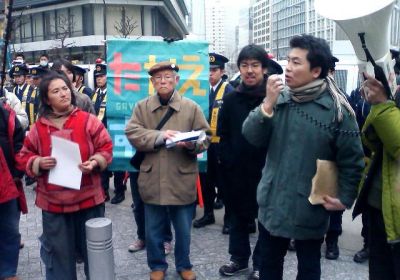 Two activists were arrested on February 20 at a demonstration outside the US Embassy in Tokyo. The activists were taking part in a demonstration against the construction of a United States military base in Okinawa. The activists were released from custody on March 5. Their supporters are campaigning for the charges against them to be completely dropped. The demonstrators had received police permission to rally. But on reaching the embassy, protesters were greeted by a wall of police.
Two activists were arrested on February 20 at a demonstration outside the US Embassy in Tokyo. The activists were taking part in a demonstration against the construction of a United States military base in Okinawa. The activists were released from custody on March 5. Their supporters are campaigning for the charges against them to be completely dropped. The demonstrators had received police permission to rally. But on reaching the embassy, protesters were greeted by a wall of police. -
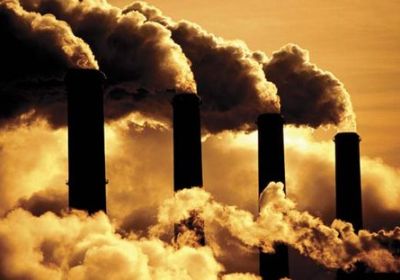 When the Kyoto Protocol was being negotiated in 1997, the European Union opposed the United States’ proposal to introduce carbon trading and “offsetting” as a form of compliance with mandated greenhouse gas emissions reductions. Instead, the EU favoured coordinated policies and measures. But by 2001, when the US unilaterally abandoned climate negotiations, the EU had already reversed its position and enthusiastically supported delivering the fate of climate policy to a speculative market.
When the Kyoto Protocol was being negotiated in 1997, the European Union opposed the United States’ proposal to introduce carbon trading and “offsetting” as a form of compliance with mandated greenhouse gas emissions reductions. Instead, the EU favoured coordinated policies and measures. But by 2001, when the US unilaterally abandoned climate negotiations, the EU had already reversed its position and enthusiastically supported delivering the fate of climate policy to a speculative market. -

The protests that began on February 14 in Madison, Wisconsin against an anti-union bill have continued to grow. On February 26, an estimated 100,000 people defied sub-zero temperatures to rally against the bill. Wisconsin Governor Scott Walker’s bill would outlaw collective bargaining for public sector workers, as well as slash pay and conditions. However, several events have combined to compound pressure on public sector workers and unions resisting the attacks. It remains to be seen whether this pressure will result in the proposed bill becoming law.
-
The article below is abridged from SocialistWorker.org. Protest messages to the Zimbabwe embassy in Australia can be sent to zimbabwe1@iimetro.com.au . * * * The resistance sweeping the Arab world and the repression against it has reached southern Africa, where more than 50 activists have been arrested by the Zimbabwean regime of President Robert Mugabe. Those arrested include former member of parliament Munyaradzi Gwisai and other members of the International Socialist Organization (ISO) in Zimbabwe.
-
The US government says it wants “stability” in the Arab world. That sounds reasonable, right? However, as US author and political analyst Noam Chomsky explained to Press TV on February 24, for the US government, “stability” means something other than what most people would think. “You have to remember that stability is a cold code word,” Chomsky said. “Stability doesn't mean stability; it means obedience to US domination … [It] doesn't mean that things are calm and straightforward, [it] means they are under control. That of course it is inconsistent with democracy.
-
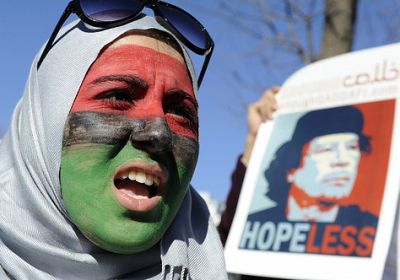 The regime of Muammar Gaddafi has escalated its violence against rebel forces seeking to bring it down. On March 6, opponents of the regime were reported to be in control of several cities, especially in Libya’s east. AlJazeera.net said on March 4 that anti-government protests in the capital, Tripoli, had been met with tear gas by security forces. Opponents said Az Zawiyah, a town just 40 kilometres from Tripoli that is home to an oil refinery, was mostly under rebel control.
The regime of Muammar Gaddafi has escalated its violence against rebel forces seeking to bring it down. On March 6, opponents of the regime were reported to be in control of several cities, especially in Libya’s east. AlJazeera.net said on March 4 that anti-government protests in the capital, Tripoli, had been met with tear gas by security forces. Opponents said Az Zawiyah, a town just 40 kilometres from Tripoli that is home to an oil refinery, was mostly under rebel control. -
In the face of renewed protests in Tunisia's capital, Tunis, Tunisian prime minister Mohamed Ghannouchi resigned on February 27. This was one of the key demands of the popular movement, which has continued to push for democracy in the aftermath of the January 14 toppling of dictator Zine El Abidine Ben Ali. In another concession to the mass movement, the interim government announced that elections for a constituent assembly to draft a new constitution would be held on July 24, AlJazeera.net said on March 4.
-
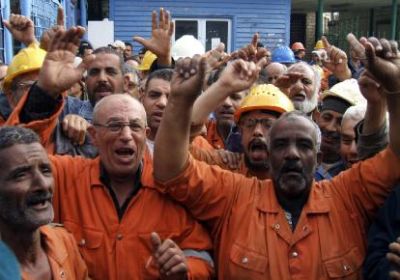
The self-immolation of Tunisian Mohamed Buazizi in December triggered off protests that brought down a 24-year-old dictatorship in that country and inspired similar protests in neighbouring countries.
-
In a joint statement on February 25, indigenous communities that make up the Native Federation of Madre de Dios River and Tributaries in south-eastern Peru rejected a military crackdown on illegal mining on their lands. The statement said it was a “false solution to a problem that has social and economic roots”. Environment minister Antonio Bracks authorised the operation in mid February —involving about 1000 police and infantrymen — to destroy illegal mining equipment including bombing of dredges.
-
US-backed dictators have ‘moral scruples’ “[P]ro-American dictatorships have more moral scruples. The comparison is akin to what happened in the 1980s when U.S. allies led by authoritarians fell peacefully in the Philippines, South Korea and Taiwan, even as Communist regimes proved tougher.” — February 16 WSJ editorial. Supporting its dictators “The [Obama] administration has submitted a proposed budget for fiscal 2011 that included military assistance increases for Bahrain, Libya, Morocco, Oman and Yemen.”
-
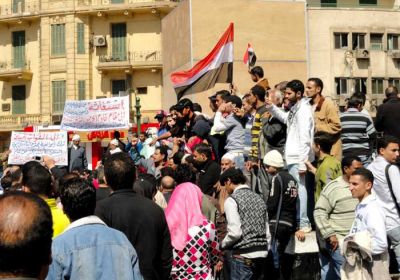 There was another win for “people’s power” in Egypt when interim prime minister Ahmed Shafiq resigned on March 3. Shafiq was sworn in by the overthrown dictator Hosni Mubarak and is closely associated with the old regime. He was replaced by former transport minister Essam Sharaf, who was asked by the military government to form a cabinet in the lead-up to elections scheduled for later this year.
There was another win for “people’s power” in Egypt when interim prime minister Ahmed Shafiq resigned on March 3. Shafiq was sworn in by the overthrown dictator Hosni Mubarak and is closely associated with the old regime. He was replaced by former transport minister Essam Sharaf, who was asked by the military government to form a cabinet in the lead-up to elections scheduled for later this year.
World
World